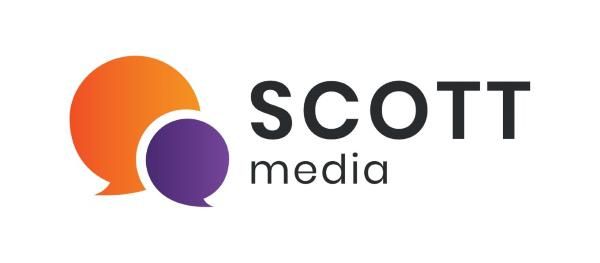Marc Reed of Anzen Safety & Compliance Ltd talks about stress in business
It’s April and we’re talking to business owners about what the month means for them and today we’re talking about Stress Awareness Month with Marc Reed of Anzen Safety & Compliance Ltd.
Formed in 2019, Anzen was a marriage of opportunity. An industry professional with 31 years’ experience in the Automotive Industry looking for the next challenge following redundancy and a Seasoned Health & Safety Practitioner of 35 years pedigree supporting businesses large & small, looking for a safe harbour to place existing clients to allow retirement. The two, having worked together for 12 years, arrived at the obvious outcome: Anzen Safety & Compliance Ltd, a provider of Health & Safety Advice, Mentoring & Training to SMEs.
April is National Stress Awareness Month and has been since 1992. Its purpose is to raise public awareness of stress, in particular the causes and the solutions.
“I’m so stressed”, it’s a phrase we use on a regular basis, how many times have we uttered those immortal words. But what is stress and more importantly what can we do about it.
Stress, or at least our feeling of stress has been described as a bucket, or maybe better as a water butt. The water drips in the top and the stress bucket fills up, the tap at the base opens and the stress bucket empties. Most of the time this process ticks along in prefect balance but if there is a delude then the bucket can’t cope and overflows. Everyone’s bucket is a different size, and some buckets change size from time to time, because we all cope with stress differently. We all need a little stress, but the balance of the bucket needs to be maintained.
The water in the bucket is made up of six main factors that affect stress at work: Demands, Control, Support, Relationships, Role & Change. The deluge is when one or more of those factors builds to a level that causes the worker to feel overwhelmed. Employers need to assess the risks in these areas to effectively manage stress in the workplace.
Start with a Stress Policy. This allows your employees to feel comfortable in the knowledge that you are aware stress exists and you have a plan to manage it. It highlights the employer’s intentions and gives the employee the route to raising a concern before that bucket overflows.
Issue a survey or questionnaire periodically to assess the levels of stress in your workplace – this is your Risk Assessment. It allows you to understand which areas or roles in your business are under the most pressure. You can then prioritise your activities in those areas.
Plan your activities by looking at those six factors. How might they be manifesting themselves in the workplace and particularly in your highlighted or concern area. Again, your best source of information can be your workforce. Stress Talk Toolkits are available to help managers and supervisors talk to workers. The toolkits can help start those otherwise awkward conversations and allow the identification of the causes of stress within your workforce and likely the solution.
Don’t underestimate the benefit of training. We all have First Aiders for physical health in our workplace, we recognise these as being all-but mandatory. But how about Mental Health First Aiders, have you given it consideration. Having MHFA’s can provide benefits in many areas. Unlike normal First Aiders who are predominantly reactive, MHFA’s are proactive. They are trained to look for the signs of building Mental health issues – including stress – and to have those meaningful conversations.
You could even take the next step, train all your staff in Mental Health Awareness, it can help to create that positive culture you need for a thriving business, and it gives workers the basic tools to understand and deal with their own issues as well as assist with those of their colleagues.
What will you do in April to highlight National Stress Awareness Month?
For more information on Stress, Mental Health First Aid and all things Health, Safety & Wellbeing -www.anzensafety.co.uk






















